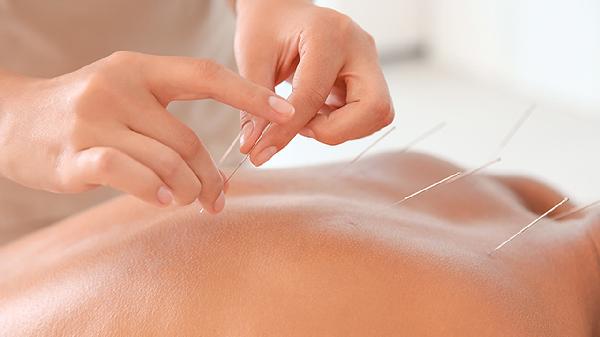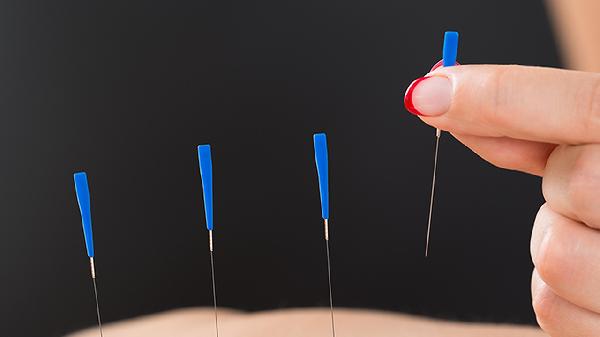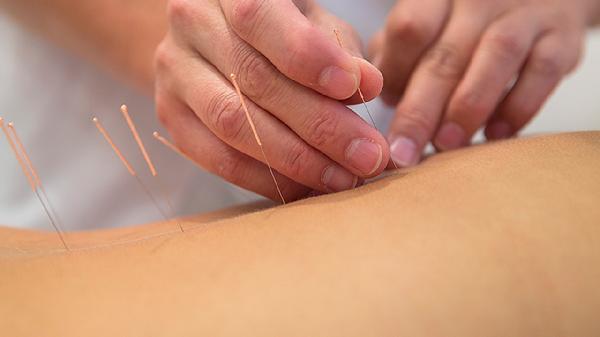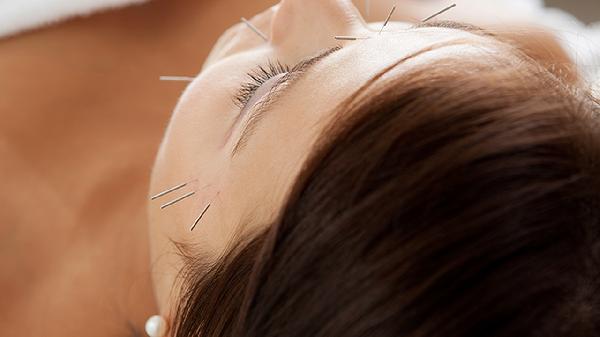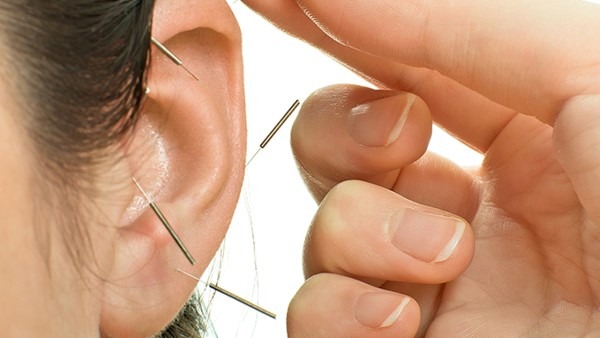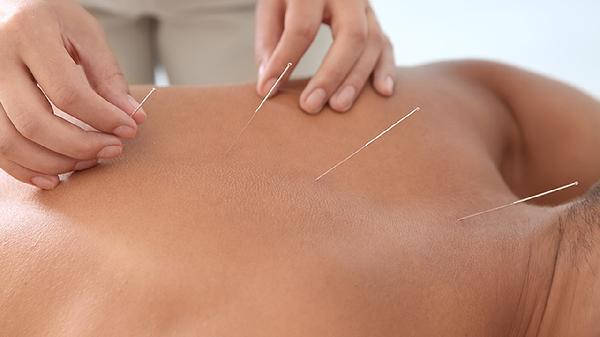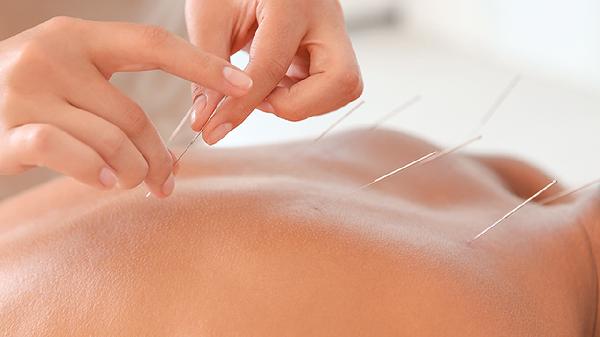Acupuncture can indeed be an effective method for easing neck pain, offering relief for many individuals who suffer from chronic discomfort or acute tension in this area. This ancient Chinese practice involves inserting thin needles into specific points on the body to stimulate energy flow and promote healing. Research suggests that acupuncture may help reduce inflammation, improve blood circulation, and release muscle tension, all of which can contribute to alleviating neck pain. However, its effectiveness varies from person to person, and it’s often most beneficial when combined with other treatments like physical therapy or lifestyle adjustments.
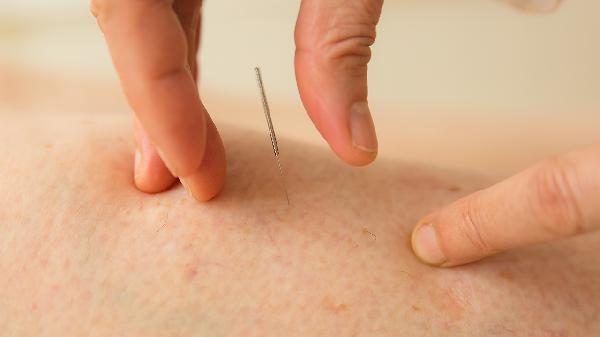
How Acupuncture Works for Neck Pain
Acupuncture targets specific points, known as acupoints, along the body’s meridians or energy pathways. For neck pain, practitioners often focus on points in the neck, shoulders, and upper back, as well as other areas that may influence tension and pain. By stimulating these points, acupuncture can trigger the release of endorphins, the body’s natural painkillers, and reduce the production of stress hormones like cortisol. Additionally, it may help relax tight muscles and improve the range of motion in the neck, providing both immediate and long-term relief.
Scientific Evidence Supporting Acupuncture
Numerous studies have explored the effectiveness of acupuncture for neck pain. A meta-analysis published in the Journal of Pain found that acupuncture significantly reduced chronic neck pain compared to sham treatments or no treatment at all. Another study in the Annals of Internal Medicine reported that acupuncture provided moderate relief for patients with chronic neck pain, particularly when combined with conventional therapies. While more research is needed to fully understand its mechanisms, these findings suggest that acupuncture is a viable option for managing neck pain.
Who Can Benefit from Acupuncture?
Acupuncture may be particularly helpful for individuals with chronic neck pain caused by conditions like cervical spondylosis, muscle strain, or poor posture. It can also benefit those experiencing pain due to stress, tension headaches, or whiplash injuries. However, it’s essential to consult a licensed acupuncturist or healthcare provider to determine if this treatment is suitable for your specific condition. People with certain medical conditions, such as bleeding disorders or those taking blood thinners, may need to avoid acupuncture or proceed with caution.
What to Expect During an Acupuncture Session
During an acupuncture session, the practitioner will first assess your neck pain and overall health to determine the best approach. They will then insert sterile, hair-thin needles into specific acupoints, which may cause a slight tingling or warmth but is generally painless. The needles are typically left in place for 15 to 30 minutes while you relax. Many people report feeling calm and rejuvenated after a session, with some experiencing immediate pain relief. For optimal results, multiple sessions may be required, depending on the severity and duration of your neck pain.
Combining Acupuncture with Other Treatments
While acupuncture can be effective on its own, combining it with other treatments often yields better results. For example, pairing acupuncture with physical therapy can help strengthen the muscles supporting the neck and improve posture. Incorporating stress-reduction techniques like yoga or meditation may also enhance the benefits of acupuncture by addressing underlying tension. Additionally, making ergonomic adjustments to your workspace or sleeping position can prevent further strain on the neck.
Potential Risks and Considerations
Acupuncture is generally safe when performed by a trained and licensed practitioner. However, some individuals may experience mild side effects, such as bruising, soreness, or dizziness, after a session. It’s crucial to choose a reputable acupuncturist who uses sterile needles and follows proper hygiene practices. If you have a severe medical condition or are pregnant, consult your healthcare provider before starting acupuncture.
Tips for Maximizing the Benefits of Acupuncture
To get the most out of acupuncture for neck pain, it’s important to approach it with an open mind and realistic expectations. Stay hydrated before and after your session to support your body’s healing process. Avoid strenuous activities immediately after treatment to allow your body to rest and recover. Communicate openly with your acupuncturist about your pain levels and any changes you notice, as this can help them tailor the treatment to your needs.
When to Seek Alternative Treatments
While acupuncture can be highly effective for many people, it may not work for everyone. If you don’t notice significant improvement after several sessions, or if your neck pain worsens, it’s important to explore other treatment options. Physical therapy, chiropractic care, massage therapy, or medical interventions like pain medications or injections may be more appropriate for your condition. Always consult a healthcare professional to determine the best course of action.
The Holistic Approach to Neck Pain Relief
Acupuncture is part of a holistic approach to managing neck pain, emphasizing the connection between the mind, body, and environment. By addressing not just the physical symptoms but also the emotional and lifestyle factors contributing to pain, acupuncture can help you achieve long-term relief and improved well-being. Incorporating healthy habits like regular exercise, stress management, and proper ergonomics can further enhance the benefits of acupuncture and support overall neck health.
Conclusion
Acupuncture offers a promising solution for easing neck pain, particularly when used as part of a comprehensive treatment plan. While its effectiveness varies, many individuals find significant relief through this ancient practice. If you’re considering acupuncture, consult a licensed practitioner to ensure it’s the right choice for your needs. Remember that managing neck pain often requires a multifaceted approach, including lifestyle changes and other therapies. With patience and persistence, you can find the relief you need and improve your quality of life.
